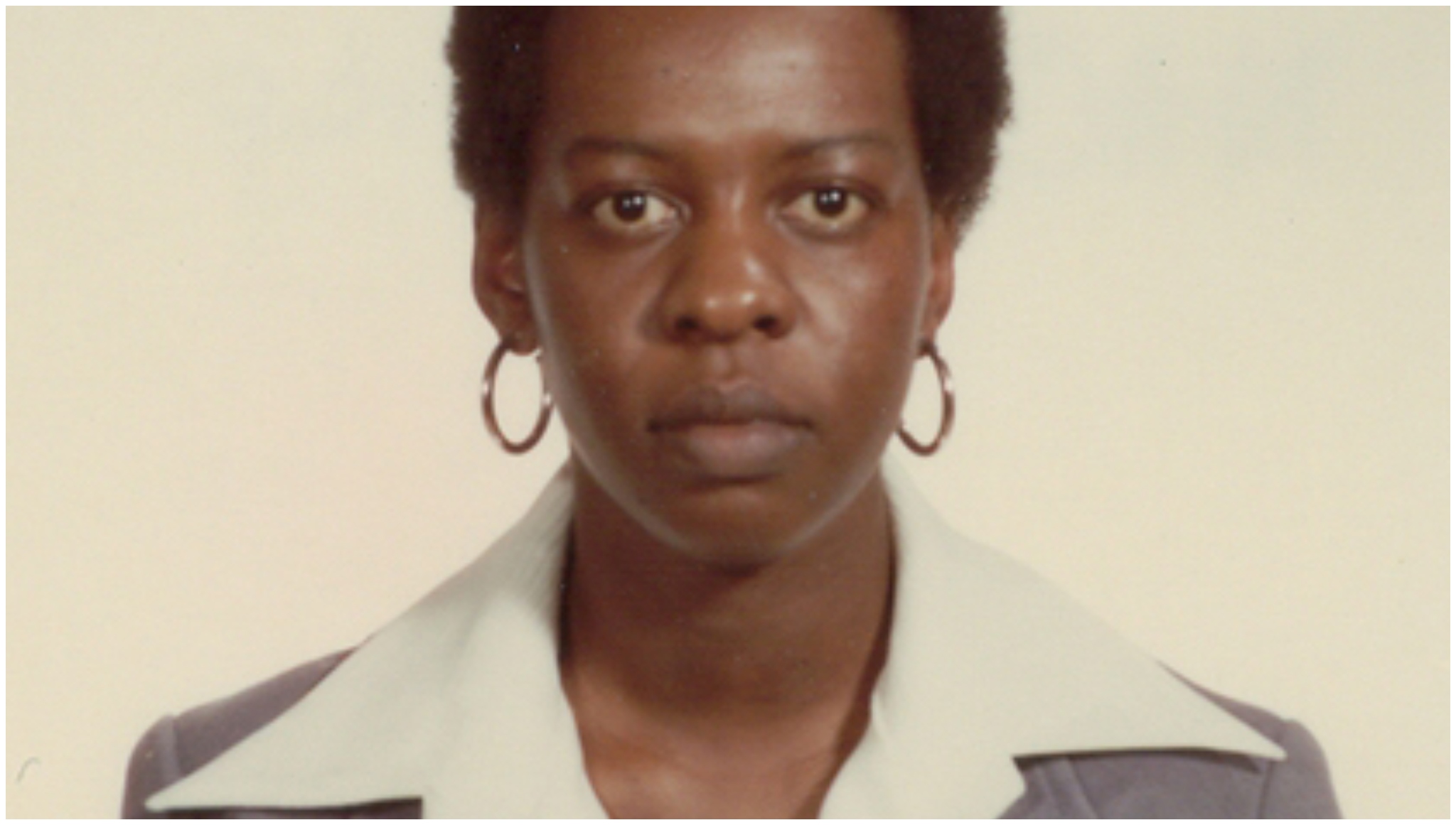Sylvia Mathis is a name that continues to inspire future generations of law enforcement professionals. She became the first Black woman to join the Federal Bureau of Investigation (FBI) in 1976, forever changing the landscape of law enforcement. While TV shows like Duster dramatize such groundbreaking roles, Mathis’ real-life achievements make her an undeniable symbol of determination, perseverance, and social change.
Breaking Barriers at the FBI
Sylvia Mathis’ journey to becoming the first Black female FBI agent was marked by resilience and determination. Despite the long history of systemic barriers, she made her way through one of the toughest law enforcement agencies in the world. The FBI had seen its first Black agent, James Wormley Jones, join the Bureau in 1919. However, it took over five decades before the first woman, Alaska P. Davidson, was hired in 1922. Mathis would have to break through additional layers of discrimination and skepticism when she joined in 1976.
The agency’s history of exclusion, particularly towards women and minorities, made it even harder for women of color to be accepted into the ranks. By the time Mathis joined, only about 40 of the 8,500 agents were women, making her placement even more remarkable. She was determined to fight her way through every obstacle that stood in her way.
Overcoming Challenges in Training
The FBI training process is notoriously difficult, and Mathis faced her own set of challenges during this period. Physical training, which included rigorous gym work and marksmanship, posed difficulties early on. Despite these obstacles, she persisted, proving her abilities through tireless work and improvement. This determination to succeed was key to her eventual graduation and recognition as a special agent.
On June 2, 1976, Mathis officially became an FBI special agent, receiving her badge and credentials from FBI Director Clarence Kelley. At 27 years old, she made history by becoming the first Black woman to serve in such a prestigious role within the Bureau.
A Historic Assignment: Jonestown Massacre
Shortly after her graduation, Mathis was assigned to the FBI’s New York field office. One of her most notable assignments came in 1978, when she was sent to investigate the tragic Jonestown massacre in Guyana. This was one of the most devastating events of the 20th century, where over 900 members of a religious cult, led by Jim Jones, lost their lives in a mass suicide. Mathis’ role in interviewing survivors and helping to piece together the events was crucial. What many do not know is that nearly half of the victims in Jonestown were Black, highlighting the unique perspective and understanding that Mathis brought to this investigation.
Mathis’ involvement in such a historic and sensitive case showed that her role in the FBI was more than just symbolic—it was meaningful. She was not just breaking down barriers; she was helping to solve one of the most tragic chapters in modern American history.
Life After the FBI: A Legacy of Service
Mathis’ time at the FBI was relatively short, as she left the Bureau just a few years after her groundbreaking assignment at Jonestown. She shifted gears, using her law degree to help others. Mathis worked as an attorney in New York before moving to Jacksonville, Florida, where she continued her work as a community advocate. She became the director of the Jacksonville Downtown Ecumenical Service Council, an organization dedicated to assisting the homeless and unemployed.
Her legacy extended far beyond her work with the FBI. In Jacksonville, she became a beloved community figure, earning recognition for her dedication to social justice and support for the less fortunate. In fact, she was often referred to as “Ms. Metro” for her deep commitment to the city’s residents.
Sylvia Mathis: A Heroic and Tragic Life
Unfortunately, Sylvia Mathis’ life was cut short when she tragically passed away in a car accident in 1983 at just 34 years old. Though her career with the FBI was brief, the impact of her contributions continues to inspire law enforcement officers and others breaking barriers in their own fields. Mathis was a pioneer who overcame immense challenges and proved that one’s race or gender should never be a barrier to achieving greatness.
Key Takeaways from Sylvia Mathis’ Story
- Historic Achievement: Sylvia Mathis became the first Black woman to join the FBI in 1976, forever changing the Bureau’s history.
- Overcoming Adversity: Mathis overcame tough physical training and racial barriers to graduate from the FBI’s rigorous program.
- Jonestown Investigation: She played a vital role in investigating the 1978 Jonestown massacre, showing her skill and dedication as an FBI agent.
- Commitment to Service: After her time with the FBI, she devoted her life to helping the less fortunate, demonstrating her broader commitment to social justice.
- A Lasting Legacy: Though her life was tragically cut short, her legacy remains an important reminder of resilience and purpose.




